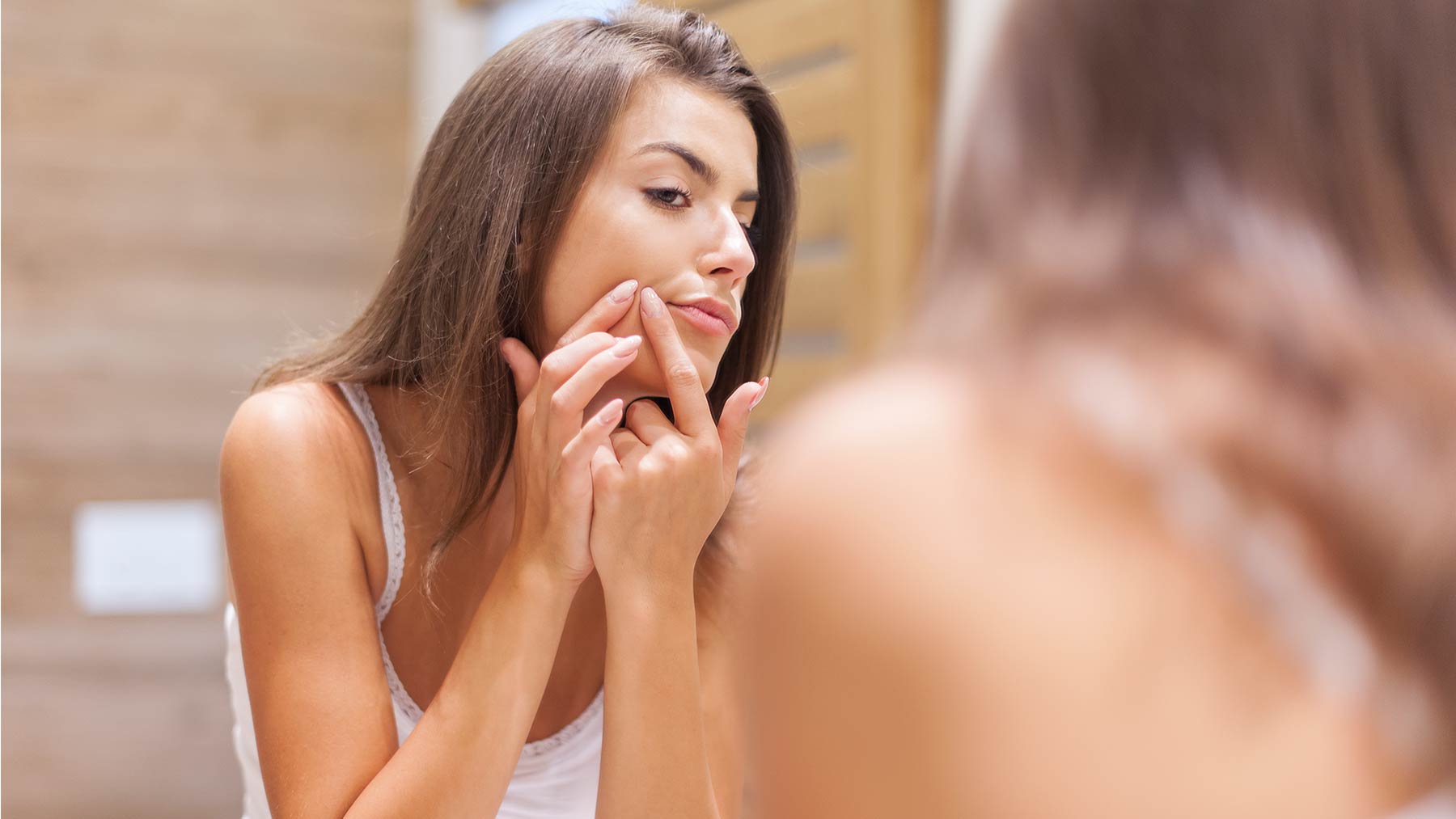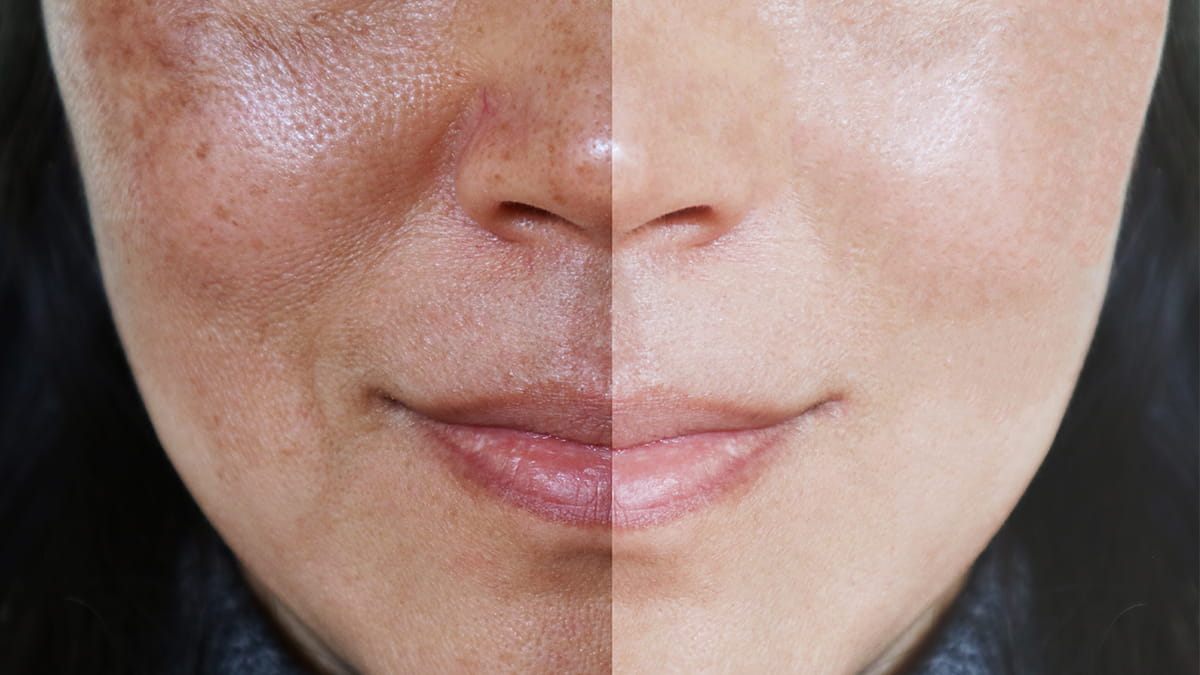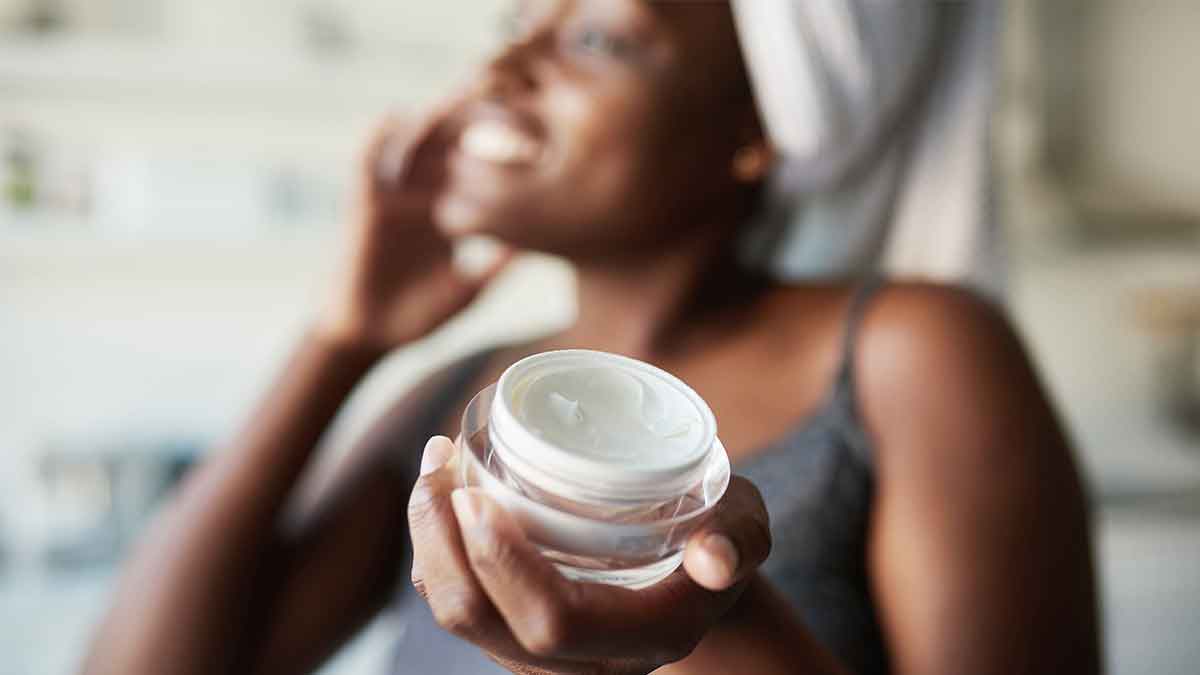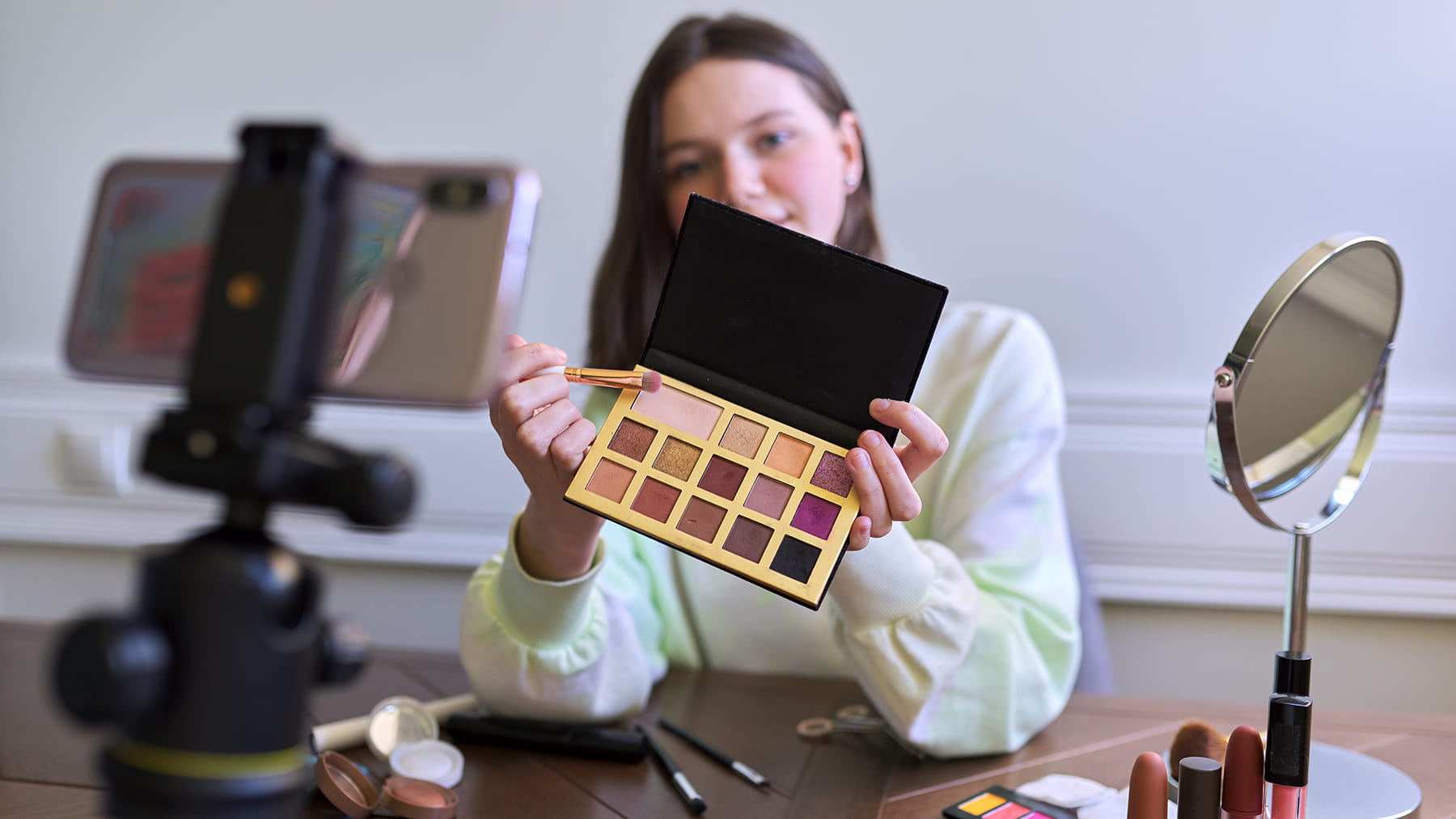7 skin habits that have to stop
 We doctors are full of advice, right? Take this, do that. Well, it might surprise you to learn that, as a dermatologist, my advice to patients often starts with ‘Stop doing that.’ Here are some of the skin habits I really want my patients to break.
We doctors are full of advice, right? Take this, do that. Well, it might surprise you to learn that, as a dermatologist, my advice to patients often starts with ‘Stop doing that.’ Here are some of the skin habits I really want my patients to break.Quit picking your face
This is probably the most common thing I tell my patients. It seems harmless to go after blemishes with a scratch or squeeze, but you’re asking for trouble. This can cause bleeding, scarring and even infections. The bacteria that cause staph infections can live under your nails, so just don’t do it. Ideally, fight the temptation and just let a pimple run its course. It will heal in a few days.
It’s best to leave blackheads and blemishes to your dermatologist, but, if you insist on popping a blemish, there is a correct way. Wash your hands and wash the affected area, then apply a clean, warm compress. Softly press down on either side of the blemish. If nothing comes out, stop because it’s not ready. Too much prodding can force the debris deeper into your skin. Wash the area again afterward.
Avoid harsh products
I often see the after effects of people using harsh ingredients on their skin. Don’t use rubbing alcohol or hydrogen peroxide on wounds or to control oily skin or acne breakouts. They’re not effective and they can damage your skin, making the problem worse. Just use soap and water to clean a wound, and for acne, use an over-the-counter product with salicylic acid or benzoyl peroxide.
Don’t overdo it
A hot, sudsy bath or shower might feel great, but it can damage your skin, especially in winter. Luke warm water is better. Plus, when you’re not doing much to get sweaty or dirty, you don’t need to scrub your entire body with soap every day. Only the face, armpits and groin, which have increased bacteria, sweat and oils, should be washed with soap regularly.
Don’t wait
Once you’re done bathing, don’t wait to moisturize. Water quickly evaporates and leaves your skin dry. Using moisturizing cream as soon as you step out traps some water on your skin and creates a nice layer of protection.
I also tell my patients not to wait for their shower after a workout. Sweat and bacteria trapped in moist workout clothes can be irritating on the skin and also cause acne. If you do hit the public showers at the gym, remember your shower shoes. We see lots of cases of warts and fungal or bacterial infections from going barefoot in wet public areas such as locker rooms and pool decks.
You don’t usually need antibiotic creams
Believe it or not, most cuts or scrapes don’t need to be slathered with antibiotic cream to improve healing. Save that for when there are clinical signs of an infection, such as redness around the wound, or yellow or green drainage, or increased pain and swelling around the wound. Because moist skin heals better than dry skin, try using a petrolatum (petroleum jelly) topical ointment with a clean bandage.
Never tan – ever
There’s no avoiding the sun completely, but I really wish people would stop tanning on purpose. It’s simply not healthy. When skin tans, it’s producing melanin as a defense against further damage from ultraviolet radiation. Tanning is known to cause skin cancer and premature wrinkles, so please stop!
Instead, use sunscreen that has a sun protection factor (SPF) of at least 30, and reapply every two hours or after swimming/toweling. You’ll need about a shot glass full of sunscreen to cover your full body adequately. I’ve found that sunscreen sticks are great for wiggly toddlers. If you use a spray, don’t breathe it in (apply in a well-ventilated area or outdoors), use enough to make your skin moist and let it dry before moving around. You should also wear a hat, sunglasses and clothing with UPF 50+ (like SPF for clothes). I also tell my patients to avoid the sun between 10 a.m. and 2 p.m., and use precautions on cloudy days, too.
Don’t neglect changes
Last, but certainly not least, if you notice something different, don’t wait to see a dermatologist. New growths, changes in moles, or wounds that don’t seem to heal may be symptoms of skin cancer. Other skin changes such as unexplained or unresponsive rashes, discoloration or changes in texture can signal health problems such as liver disease, kidney disease, diabetes, allergies and other concerns.
You’re your own best detective when it comes to your skin. If something is not normal and it’s not going away with over the counter treatment, it’s time to see an expert.
Dr. Plotner is a dermatologist at The Ohio State University Wexner Medical Center.




